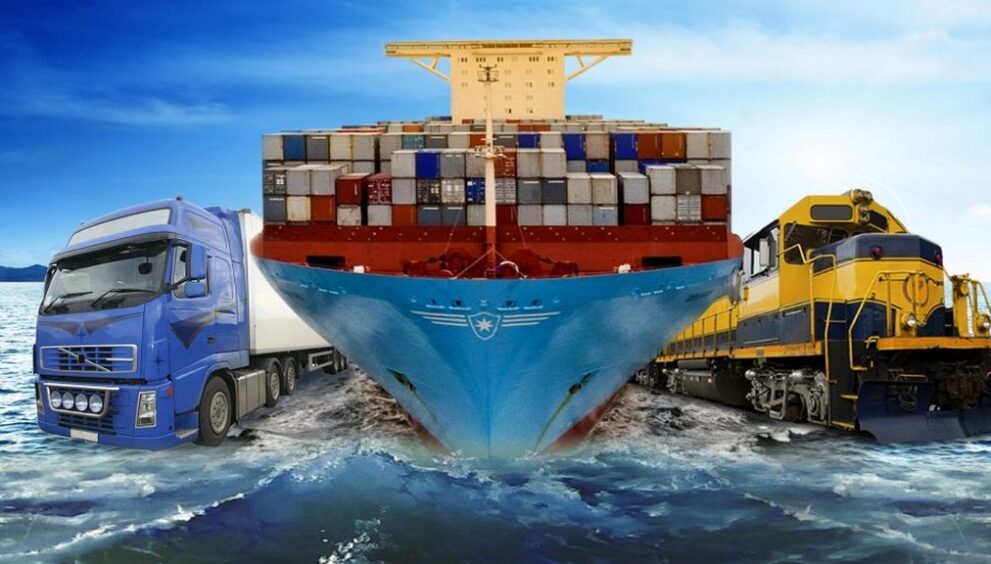The Importance of Technology in Modern 3PL Logistics Management

Third-party logistics (3PL) providers play a vital role in modern supply chains, offering businesses a comprehensive suite of services to manage warehousing, inventory, transportation, and distribution. By outsourcing logistics operations to 3PL companies, businesses can focus on core activities while ensuring efficient and cost-effective supply chain management. This blog explores the full spectrum of 3PL services, from warehousing to distribution, and how they contribute to streamlined business operations.
Warehousing and Storage Solutions
Warehousing is the foundation of 3PL services, providing businesses with secure storage facilities for their inventory. 3PL providers offer various warehousing solutions, including dedicated, shared, and on-demand warehouses, tailored to specific business needs. Advanced warehouse management systems (WMS) enable real-time inventory tracking, order management, and seamless integration with e-commerce platforms, ensuring efficient stock control and order fulfilment.

Inventory Management and Order Fulfilment
Effective inventory management is crucial for businesses to prevent stock shortages or excess inventory. 3PL providers leverage technology-driven solutions, such as automated inventory tracking, demand forecasting, and just-in-time inventory strategies, to optimise stock levels. Order fulfilment services, including picking, packing, and kitting, ensure accurate and timely delivery of products, enhancing customer satisfaction and brand reputation.
Transportation and Freight Management
Transportation is a critical aspect of 3PL services, ensuring that goods move efficiently across supply chains. 3PL providers manage transportation through multimodal solutions, including road, air, sea, and rail freight, optimising routes for cost-effective and timely deliveries. Freight management services encompass carrier selection, load optimisation, real-time tracking, and compliance with regulatory requirements, ensuring seamless domestic and international shipping.
Last-Mile Delivery Solutions
The final stage of the supply chain, last-mile delivery, is essential for meeting customer expectations in an era of fast shipping demands. 3PL companies enhance last-mile delivery through route optimisation, same-day or next-day delivery options, and alternative solutions like parcel lockers and click-and-collect services. Efficient last-mile logistics improve delivery accuracy, reduce delays, and enhance overall customer experience.
Reverse Logistics and Returns Management
Returns are an inevitable part of the e-commerce and retail landscape, requiring an efficient reverse logistics process. 3PL providers manage returns handling, quality checks, product refurbishment, and restocking to streamline returns and minimise losses. A well-structured reverse logistics system not only improves customer satisfaction but also reduces waste and enhances sustainability efforts.
Value-Added Services
Beyond core logistics functions, many 3PL providers offer value-added services to enhance supply chain efficiency. These services include product customisation, labelling, bundling, repackaging, and assembly, helping businesses tailor products to market demands. Customisation services enable brands to differentiate their offerings while improving customer engagement and retention.
Supply Chain Visibility and Technology Integration
Technology plays a crucial role in modern 3PL services, providing businesses with real-time supply chain visibility and data-driven decision-making. Advanced technologies such as AI-driven analytics, blockchain, RFID tracking, and cloud-based logistics platforms enhance transparency, efficiency, and predictive analytics in supply chain management. Seamless integration with enterprise resource planning (ERP) and customer relationship management (CRM) systems ensures streamlined operations and improved performance.
Scalability and Flexibility
One of the key advantages of outsourcing logistics to a 3PL provider is the ability to scale operations based on business needs. Whether managing seasonal demand fluctuations, expanding into new markets, or handling unexpected surges in orders, 3PL solutions offer flexibility to adapt quickly. Scalable logistics solutions enable businesses to grow without the constraints of infrastructure investments or operational inefficiencies.
Sustainability in 3PL Services
As businesses prioritise sustainability, 3PL providers incorporate eco-friendly practices to reduce environmental impact. Green logistics initiatives include energy-efficient warehousing, optimised transport routes, electric delivery vehicles, and sustainable packaging solutions. By embracing sustainable logistics strategies, businesses can enhance their corporate social responsibility (CSR) while meeting consumer expectations for environmentally conscious operations.
Conclusion
From warehousing and inventory management to transportation, last-mile delivery, and value-added services, 3PL providers offer a comprehensive range of solutions that enhance supply chain efficiency. By leveraging 3PL services, businesses can optimise logistics operations, reduce costs, and improve customer satisfaction. As supply chains evolve, 3PL providers continue to play a pivotal role in enabling businesses to stay competitive in a dynamic marketplace.


 English
English 


















































































































































































































































































































 Office Clearance for SMEs: Affordable Solutions Businesses
Office Clearance for SMEs: Affordable Solutions Businesses









































































































































































































































































































































































































































































































































































































































































































































































































































































































































































































































































































































































































































































































































































































































































































































































































































































































































































































































































































































































































































































































































































































































































































